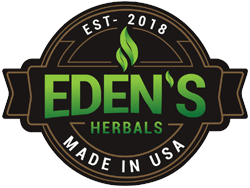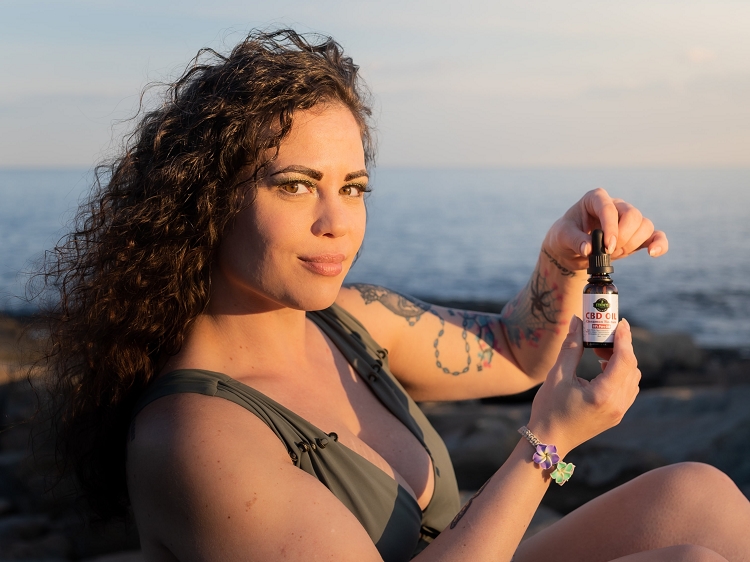 Since Congress removed hemp from the federal controlled substances list, CBD has become a household name. Newinformation about the compoundseems to be everywhere.
Since Congress removed hemp from the federal controlled substances list, CBD has become a household name. Newinformation about the compoundseems to be everywhere.
But not all the CBD facts you see online are accurate. Misinformation about CBD, whether it be in the form of exaggerated medical claims or anti-cannabis propaganda, sits side-by-side with peer-reviewed scientific articles.
How can a consumer separate the truth from the CBD myths out there?
Rumors tend to repeat themselves, so we've put together this quick guide to debunk the five most common myths about CBD.
Myth #1: There Is Little to No Research on CBD Because It's a Drug
First, CBD is not a drug. Instead, CBD is one of over 120 naturally occurring compounds in hemp plants. For thousands of years, people all over the world have used hemp and cannabis for industrial, medicinal, and spiritual purposes.
Secondly, cannabis prohibition has undoubtedly slowed down the investigation into cannabinoids like CBD, but that doesn't mean the research doesn't exist.
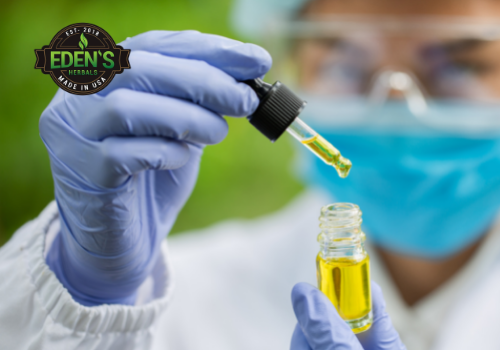 Throughout the years, the U.S. government has authorized several universities to conduct CBD studies.
Throughout the years, the U.S. government has authorized several universities to conduct CBD studies.
Furthermore, other countries, especially Israel, Italy, Brazil, and the United Kingdom, have conducted extensive research into the compound. You can find the details of many of these studies if you search for 'CBD' or 'cannabidiol' on sites like Google Scholar.
Though CBD has only been federally legal for a few years, researchers around the world have been studying the compound for decades.
CBD was first isolated in the early 1940s, and scientific understanding of how CBD and other cannabinoids work took an enormous leap forward when researchers discovered the body's endocannabinoid system (ECS) in 1992.
The ECS is a network of receptors that helps us maintain the balance of vital functions, such as:
- Metabolism
- Temperature control
- Moods
- Inflammation and pain responses
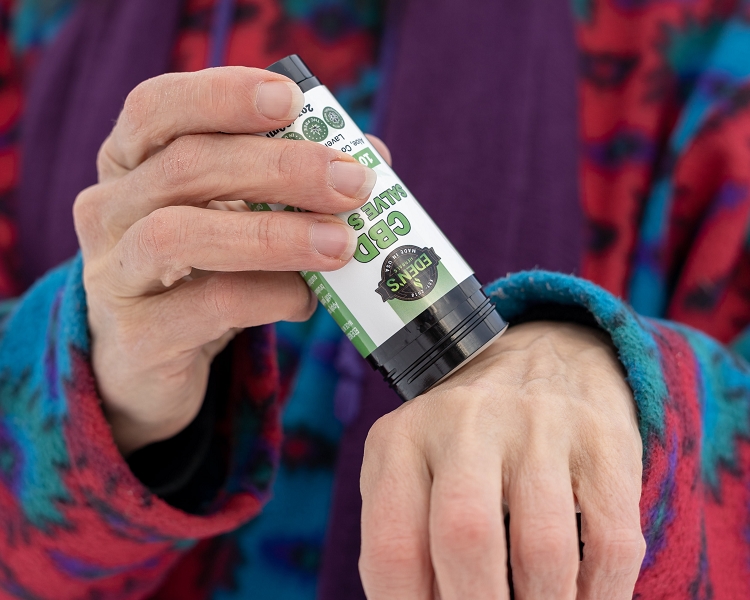 Myth #2: CBD Hasn't Been Scientifically Proven to Help with Any Health Conditions
Myth #2: CBD Hasn't Been Scientifically Proven to Help with Any Health Conditions
While research and FDA approval have yet to catch up with the growing body of anecdotal evidence, preliminary studies have concluded that CBD may have a host of therapeutic benefits, including:
- Reducing inflammation and pain
- Easing anxiety and depression
- Protecting neurons
- Combating free radicals
- Promoting healthy skin
Perhaps the most dramatic testament to CBD's therapeutic potential is the compound's ability to treat the intense seizures that accompany extreme epileptic conditions like Dravet's and Lennox-Gastaut syndrome.
In June of 2018, the FDA approved the drug, Epidiolex, an oral CBD solution used to combat these rare forms of epilepsy.
Myth #3: All Online CBD Retailers Are Sketchy and Can't Be Trusted
While there are some bad players on the periphery of the CBD industry, the idea that online companies are less reliable than local shops is entirely false. In fact, buying your CBD online offers some distinct advantages, such as:
- Better selection
- Easy access to lab reports
- More competitive prices
- Advantage of buying directly from the manufacturer
- Ability to check out reviews for the products
 Whether you choose to purchase your CBD online or from a local outlet, it's imperative that you get a copy of the product's Certificate of Analysis (COA). A COA is an official document outlining the results of third-party lab testing.
Whether you choose to purchase your CBD online or from a local outlet, it's imperative that you get a copy of the product's Certificate of Analysis (COA). A COA is an official document outlining the results of third-party lab testing.
COAs will tell you how much CBD is in the product and ensure that your CBD is free of any harmful contaminants like mold, pesticides, residual solvents, and heavy metals. An official COA will also prove that your CBD product has less than the legal limit of .3% THC established by the 2018 Farm Bill.
Most online companies publish official COAs directly on their websites. When you buy CBD at a brick-and-mortar store, you may need to ask the vendor for a copy of the COA. If the vendor doesn't provide COAs, don't buy CBD products from them. The products may be illegal or contain dangerous ingredients.
Myth #4: Hemp Seed Oil and CBD Oil Are the Same Thing
It's easy to confuse hemp seed oil with CBD oil since they're both extracted from the same plant. The big difference is which part of the plant each originates. Hemp seed oil is extracted from the seeds of the hemp plant, while CBD oil comes from the flowers.
Although hemp seeds are nutritious and offer many health benefits, hemp seed oil contains no cannabidiol (CBD). To make things even more confusing, some manufacturers use hemp seed oil for a CBD carrier oil, and others sell hemp seed oil marked simply 'hemp oil.'
Consumers should check that the label lists CBD as an ingredient and consult the product's COA to find out exactly how much CBD it contains.
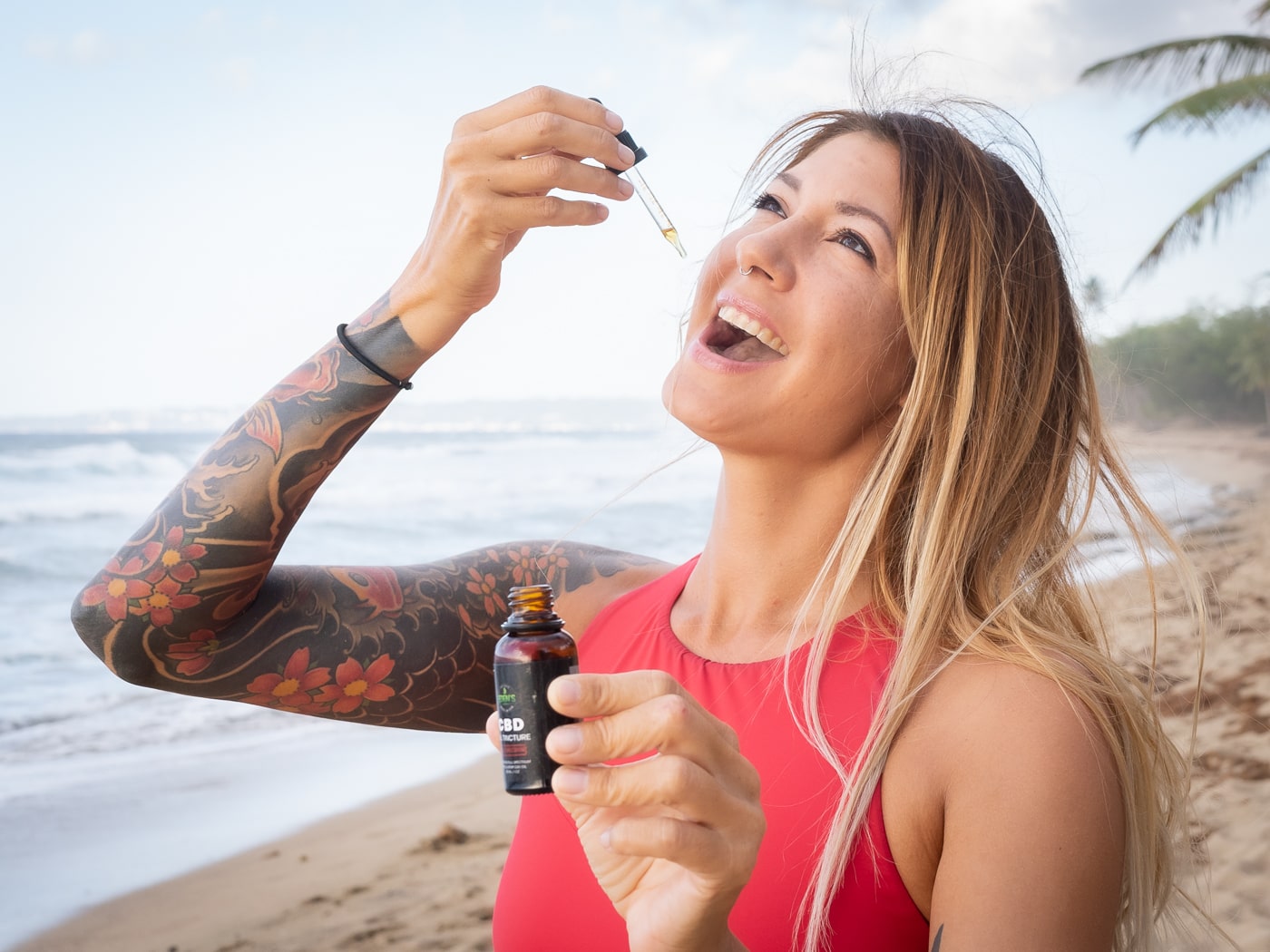 Myth #5: CBD Isn't Safe
Myth #5: CBD Isn't Safe
The notion that hemp-derived compounds like CBD are dangerous drugs like opiates is entirely false. Contrary to decades of propaganda, no one has ever overdosed from any cannabis or hemp compound, including CBD.
The parts of the brain involved in overdoses contain an abundance of opioid receptors, but endocannabinoid receptors are conspicuously absent from these areas.
According to a detailed report published by the World Health Organization, 'CBD exhibits no effects indicative of any abuse or dependence potential...there is no evidence of public health-related problems associated with the use of pure CBD.' The report goes on to mention how CBD is well-tolerated and completely safe for most people.
Higher doses of CBD may produce mild side effects, such as:
- Dry eyes and mouth
- Appetite changes
- Diarrhea
- Drowsiness
CBD's side effects typically go away by reducing the dosage. However, CBD may interact with some prescription drugs, especially blood thinners, heart medications, thyroid pills, and antiseizure pharmaceuticals. CBD can also enhance the potency of drugs that carry a grapefruit warning, including:
- Benzodiazepines
- Opioids
- Antidepressants
- Antihistamines
- Antipsychotics
We suggest that you seek the guidance of a trusted medical professional before adding CBD to your daily routine. This article is for educational purposes only and not meant to substitute for advice from a licensed physician.
If you'd like to learn more about the myths of CBD use, contact Eden's Herbals at support@edensherbals.com today!
*These statements have not been evaluated or approved by the Food and Drug Administration and are not intended to diagnose, treat or cure any illness. Medical advice should be taken from a medical professional.
All of the articles on this site are written by 3rd party content providers, expert bloggers or doctors not directly affiliated with Eden's Herbals.
Individuals should learn the risks and side effects prior to taking CBD. Make sure to always check with a medical professional before starting any new CBD treatment or medication that is not FDA approved.
